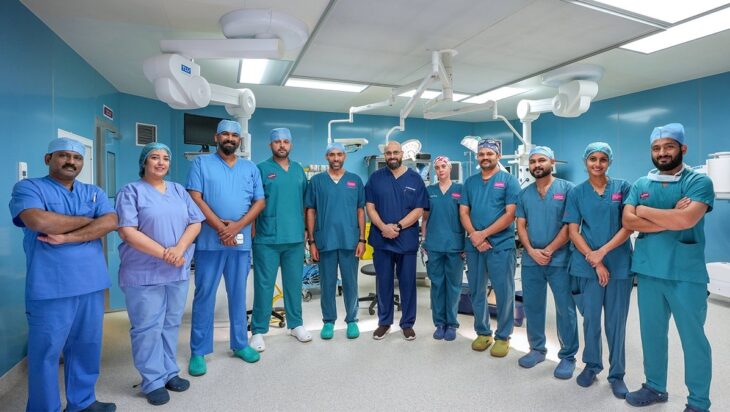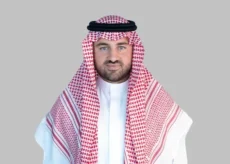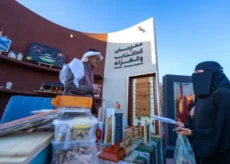First in the GCC: UAE Surgeons Implant Pump to Deliver Targeted Chemotherapy to Cure Inoperable Liver Tumor

This FDA-approved breakthrough technique delivers high-dose chemotherapy directly to liver tumors, minimizing side effects
Marking a new milestone in the region’s oncology care, Burjeel Cancer Institute (BCI) has successfully performed the UAE’s first surgery to implant a Hepatic Artery Infusion Pump (HAIP). The complex procedure was carried out on a male patient in his sixties diagnosed with colorectal cancer that had spread to the liver.
The HAIP technique, one of the most advanced surgical oncology procedures approved by the U.S. Food and Drug Administration (FDA), enables targeted chemotherapy delivery directly to the liver. This approach ensures maximum drug concentration at the tumor site while significantly reducing systemic side effects.
Strengthening Oncology Care
At BCI, comprehensive medical assessments revealed that the patient’s liver tumors were not suitable for conventional surgical resection due to their size and location. Based on these findings, the multidisciplinary team developed a treatment plan that included surgical removal of the primary colon tumor along with the implantation of the HAIP device.
The five-hour surgery was completed without complications. The patient was transferred from the operating room in stable condition and is currently receiving post-operative care in the recovery unit.
What Is a Hepatic Artery Infusion Pump
The HAIP is a small medical device surgically implanted beneath the abdominal skin. It continuously delivers highly concentrated chemotherapy into the hepatic artery, the liver’s main blood supply. Since liver tumors derive most of their blood flow from this artery, this targeted approach allows patients to receive more effective doses with fewer side effects compared to conventional intravenous therapy.
According to Dr. Mohammad Adileh, Consultant Oncological Surgeon and Head of General and Oncological Surgery at Burjeel Medical City (BMC), the HAIP technique helps shrink tumors that are otherwise inoperable and increases the possibility of converting them into surgically removable tumors. “This improves patients’ chances of receiving curative surgical treatment and achieving longer survival rates. The success of this operation represents a major breakthrough in the treatment of liver tumors resulting from metastatic colorectal cancer. It places the UAE among advanced nations offering such highly complex treatment,” said Dr. Adileh.
Expressing pride in the achievement, Prof. Humaid Al Shamsi, CEO of BCI, said that the introduction of HAIP marks a turning point in advancing treatment for liver cancer resulting from metastatic colorectal tumors. “We are proud to offer this advanced option for the first time in the UAE and the Gulf, supported by world-class medical expertise. Our hope is that many patients across the region will benefit, achieving improved outcomes and enhanced quality of life. This achievement also ensures that patients receive state-of-the-art cancer care close to home, reducing the need to travel abroad for such advanced treatments. It contributes to the UAE’s position as a regional leader in cancer care and medical tourism,” said Prof. Humaid.
The HAIP technique is currently available in only a limited number of specialized cancer centers worldwide due to the highly specialized expertise required to perform the procedure. With this milestone, BCI reinforces its position as a leading institution delivering advanced, innovative cancer care.



